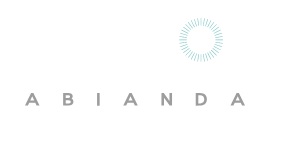Place Categories: Communities, Education & Training and Employment
Abianda is a social enterprise that works with gang-affected young women and the professionals that support them. Gang-affected young women are a hidden group in our communities, experience sexual violence and exploitation and can’t always access services for help. We aim to bring about a culture change in the way services are delivered to gang affected young women in order that:
- They are no longer a hidden group in our communities;
- Services can respond in partnership to their complex needs;
- Young women and their children can be safe, and;
- They can make the changes they want in their lives and contribute positively to their communities.
We work to the assumption that GAYW are the experts on their lives and that those people affected by a problem are best placed to find solutions to it.
No Records Found
Sorry, no records were found. Please adjust your search criteria and try again.
Google Map Not Loaded
Sorry, unable to load Google Maps API.





Leave a Reply
Want to join the discussion?Feel free to contribute!